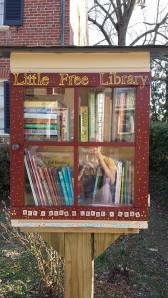After a couple of serious reads, I felt that it was time for something a bit more fun. Even though I'm doing my best to choose the next book by random, I do know a bit about some of the books on the list even though I haven't read them. I knew The Golden Compass was a young adult novel and figured I'd be in for a more lighthearted adventure story.
The novel takes place in a sort of parallel universe to ours. Every human has their own daemon - their soul living outside their body in an animal form - that is closely attached to them and cannot stray. The story follows the wild adventures of Lyra and her daemon Pantalaimon. Lyra and her daemon set off to the Arctic, accompanied by a motley crew of characters (a gypsy-like clan, a balloon flying aeronaut and an armored bear) to rescue her friend Roger and Uncle Asriel who she was told were captured. Her friend Roger was taken by a group of people who perform experiments on children that include "cutting" away their daemon - a most horrific idea. Along the way, Lyra learns just how important she is in stopping these horrible experiments.
Before she leaves England, she is given a golden alethiometer, which as she learns to read, tells her the answer to any question she asks. This magical tool guides Lyra on her long journey to her final destination in the Arctic and her Uncle Asriel.
Initially, I had a difficult time getting in to the story and I suspect that it was because the book is meant for a much younger audience. Once I put aside my "adult" perceptions and expectations, the story really took off for me. It's full of fantasy, adventure and fun characters and takes you on a roller coaster of emotions as you follow Lyra on her journey.
While much of the language is simple and some of the plot predictable, the story is definitely not without twists and turns. The Golden Compass can really bring back some of your childhood imagination if you are willing to let it.
Rating - Very Good - 8 out of 10

